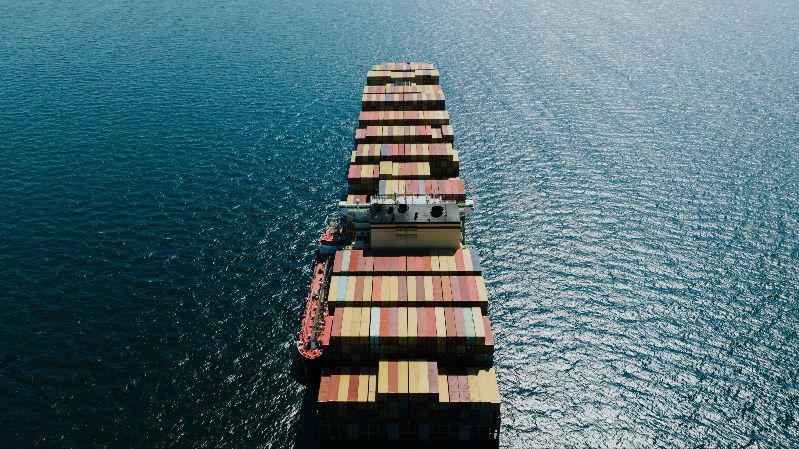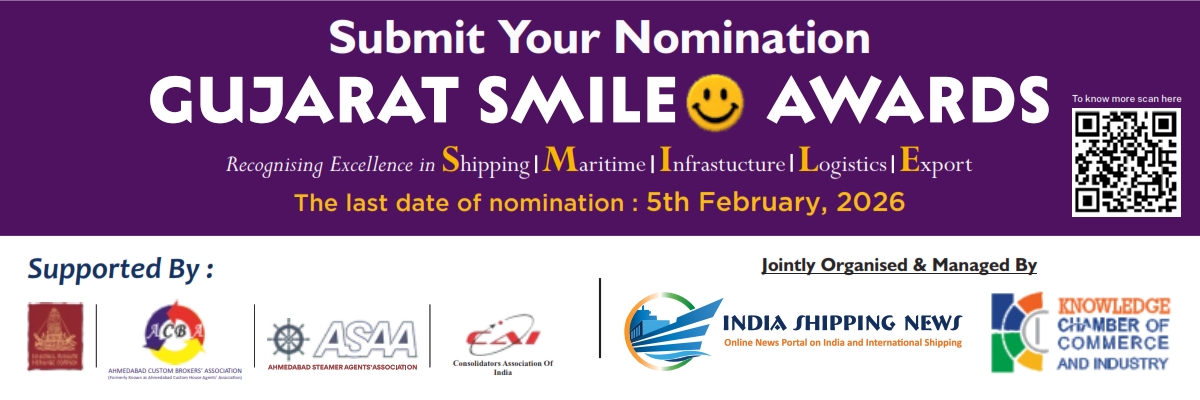
NGOs Welcome IMO Progress for Cutting Shipping’s Climate Impact Despite Net-Zero Framework Delay
LONDON: As a meeting of the International Maritime Organization’s Intersessional Working Group on Reduction of Greenhouse Gas (GHG) Emissions from Ships (ISWG-GHG 20) closes in London, the Clean Shipping Coalition (CSC) applauds IMO Member States for rising above last week’s rancour – when the IMO decided to hold off on adoption for one year – by pushing ahead with preparations for adoption of the Net Zero Framework.
“While last week’s IMO decision to delay its Net Zero Framework was unwelcome, let’s be clear – this is just a postponement and not the end of the NZF”, said Delaine McCullough, Clean Shipping Coalition president. “During this week’s ISWG meeting, IMO member states have constructively engaged in preparing the guidelines that will be necessary once the NZF is adopted. This indicates broad support for the NZF and that progress can still be made on preparing for implementation.”
The IMO’s Net-Zero Framework is aimed at reducing greenhouse gas (GHG) emissions from ships, in line with its GHG Strategy. The NZF includes a global fuel standard (GFS), requiring ships “to gradually reduce how polluting its ship fuel can be (i.e. how much greenhouse gas is emitted for each unit of energy used, across a fuel’s life cycle)”. It also includes a mechanism for setting prices on the GHG ships emit, to encourage the shipping industry to lower emissions as per the global fuel standard.
“IMO member states also don’t have to wait a year for the NZF to tackle shipping’s contribution to the climate crisis. At the IMO’s MEPC 84 meeting in April 2026 they will get a chance to slash GHG emissions and the cost of the energy transition by strengthening the Carbon Intensity Indicator (CII), the IMO’s cornerstone energy efficiency measure”, said John Maggs, Clean Shipping Coalition’s Representative at IMO. “By transforming the CII into an energy efficiency powerhouse, the IMO and its member states can quickly get shipping climate action back on course.”
“While adoption of the IMO Net-Zero Framework was paused last week, negotiations this week advanced on the implementation guidelines nonetheless”, said Dr Alison Shaw, IMO Manager at Transport & Environment. “The framework’s success will hinge on strong, coherent guidance that both incentivizes long-term green e-fuel production and use, and safeguards against unsustainable fuels with uncaptured environmental impacts. Many member states acknowledged the importance of both aims, though uncertainty over the framework’s eventual adoption remained a clear backdrop to discussions.”
“This week’s meeting signaled that IMO member states will inevitably need to account more comprehensively for not only potential environmental harms but also human, health, social, Indigenous Peoples Rights and community well being of the full well to wake marine fuels energy pathway”, said Andrew Dumbrille, Co-Founder and Director of Equal Routes. “Despite the implementation delay of the IMO’s GHG framework, work continues in earnest to create a just and equitable path for the shipping sector to meet its 2050 net zero ambitions.”
“Wind propulsion is back in the spotlight at the IMO this week, with countries voicing support and industry data strengthening the case”, said Anaïs Rios, Senior Shipping Policy Officer, Seas At Risk. “The Net Zero Framework may be delayed but the work hasn’t stopped, and when adoption comes next year, implementation can be quick. Governments must now ensure that these guidelines enable a global scale up of wind propulsion: One of the few solutions that cuts fuel bills, slashes emissions and keeps shipping competitive. The technology is here, now the rules need to catch up.”
“The global shift toward cleaner shipping fuels and technologies is already happening“, said Jenny Helle, Expert on Decarbonisation of Aviation and Shipping at Carbon Market Watch. “Scaling back ambition at this critical moment would risk slowing the momentum needed to achieve meaningful progress in maritime decarbonisation. This week, the IMO member states have shown support for the development of clear, enforceable, and science-based guidelines, robust life-cycle emissions accounting, a reward scheme for clean fuels and technologies, as well as revenue distribution to support the transition in small island developing states and least developed countries.”

